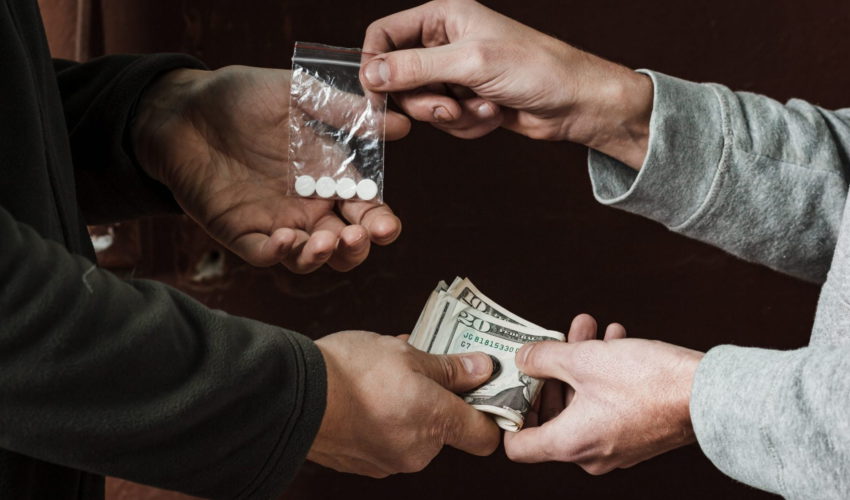SALT LAKE CITY, UT – Attorney General Reyes joined a team of 13 states in asking the Biden Administration to crack down on a loophole in trade practices that facilitates an illegal narcotics trade, exacerbating the national drug crisis.
The De Minimis Trade Provision is a regulation intended to exempt foreign souvenirs and low-value gifts from taxes, but historically the price threshold has risen and is now $800. By raising the threshold, the number of qualifying entries increased exponentially. In addition to fueling fentanyl and other drug trafficking, it poses economic concerns by shipping products made with slave labor, including those made by the Uyghur people in China.
The letter states, “With respect to fentanyl specifically, a Customs and Border Protection official recently acknowledged that a ‘common pathway for fentanyl, precursor chemicals, and pill presses to get into the hands of criminals is through small package shipments….’ That same official acknowledged that fentanyl has contributed to more than 100,000 overdose deaths over the last two years alone.” China is shipping fentanyl directly to the United States and to Mexican drug cartels, and it’s ending up on Americans’ front doors.
It is illegal to ship forced labor products into the United States. However, the current provision creates a loophole for these goods. Products made from slave labor are cheaper to purchase, so consumers buy them without knowing the production circumstances. By screening the de minimis shipments, officials could discern if these goods were created from slave labor. Without screening, not only is the law broken, but American manufacturers unfairly compete with lower prices for what is supposed to be prohibited.
Attorney General Alan Wilson is asking the Biden Administration to address the shortcomings of the existing de minimis trade provision by cracking down on the loophole and increasing screening and enforcement measures.
Alaska, Arkansas, Florida, Indiana, Kentucky, Louisiana, Mississippi, Ohio, South Dakota, Texas, and West Virginia joined the South Carolina-led letter.

